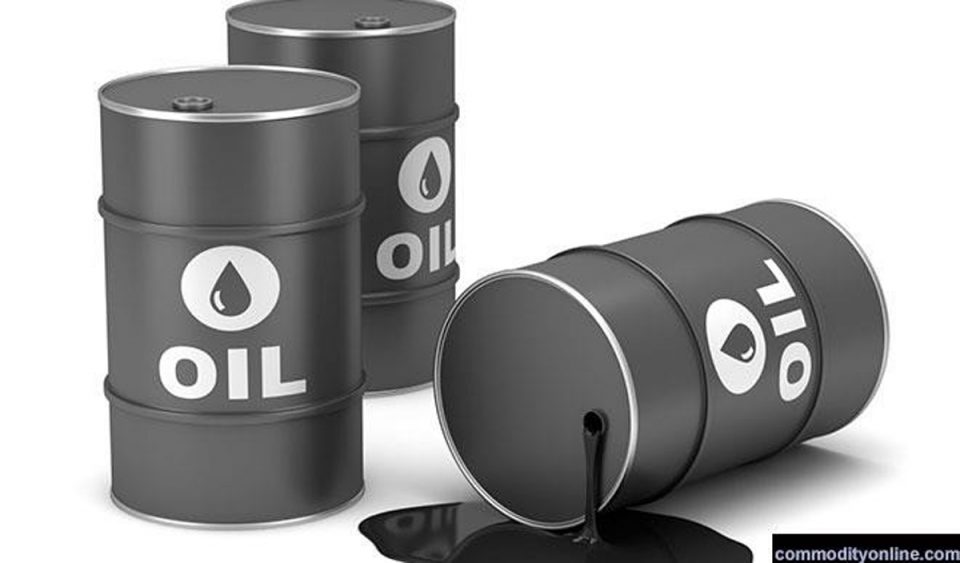Photo caption: Oil
Oil prices fell on Thursday after sharp gains in the previous session as market participants assessed a U.S. decision to move personnel from the Middle East ahead of talks with Iran over that country’s nuclear-related activity.
Brent crude futures were down $1.02, or 1.5%, at $68.75 a barrel at 1253 GMT, while U.S. West Texas Intermediate crude fell $1.05, or 1.5%, to $67.10 a barrel.
Both Brent and WTI surged more than 4% in the previous session to their highest levels since early April.
U.S. President Donald Trump said the U.S. was moving personnel because the Middle East “could be a dangerous place”. He also said the U.S. would not allow Iran to have a nuclear weapon. Tehran has said its nuclear activity is for peaceful purposes.
Increased tension with Iran has raised the prospect of disruption to oil supplies. The sides are set to meet on Sunday.
“Geopolitical risk premia tend to fade if there are no supply disruptions. We are still higher than two days ago as some short investors prefer to stay on the sidelines amid the uncertainty,” said Giovanni Staunovo, an analyst at UBS.
On Wednesday, Britain’s maritime agency warned that increased tensions in the Middle East may lead to an escalation in military activity that could impact shipping in critical waterways.
It advised vessels to use caution while travelling through the Gulf, the Gulf of Oman and the Strait of Hormuz, which all border Iran.
“For the oil market, the absolute nightmare is a closure of the Strait of Hormuz,” Arne Rasmussen, an analyst at Global Risk Management, said in a LinkedIn post.
“If Iran blocks this narrow chokepoint, it could affect up to 20% of global oil flows,” he added.
JPMorgan said oil prices could surge to $120-$130 a barrel if the Straight of Hormuz were to be shut, a scenario the bank considered to be severe but a low risk.
The U.S. is preparing a partial evacuation of its Iraqi embassy and will allow military dependents to leave locations in the Middle East due to heightened security risk in the region, Reuters reported on Wednesday, citing U.S. and Iraqi sources.
Iraq is the second-biggest crude producer after Saudi Arabia in the Organization of the Petroleum Exporting Countries. A senior Iraqi oil official told Reuters foreign energy firms continue operating normally in the country.
Trump has repeatedly said the U.S. would bomb Iran if the two countries cannot reach a deal regarding Iran’s nuclear-related activity including uranium enrichment.
Iran’s Minister of Defense Aziz Nasirzadeh on Wednesday said Iran will strike U.S. bases in the region if talks fail and the U.S. initiates conflict.
U.S. special envoy Steve Witkoff plans to meet Iranian Foreign Minister Abbas Araghchi in Oman on Sunday to discuss Iran’s response to a U.S. proposal for a deal.
The U.N. nuclear watchdog’s 35-nation Board of Governors declared Iran in breach of its non-proliferation obligations on Thursday for the first time in almost 20 years, raising the prospect of reporting it to the U.N. Security Council.
=== Reuters ===



